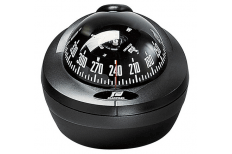Marine Navigation Compasses – Essential Tools for Safe Boating
14 products
Showing 1 - 14 of 14 products
Marine Navigation Compasses – Essential Tools for Safe Boating
A marine navigation compass is the most essential instrument on board any vessel, whether you’re on a sailboat, yacht, or motorboat. While modern electronics, such as GPS, have transformed navigation, a compass remains the only tool that tells you the exact direction your vessel is pointing. Easy to use and incredibly reliable, it remains an essential part of boating safety and accuracy.
Why a Compass is Crucial
When sailing or cruising, you need a fixed reference point to stay on course. If there are no clear landmarks, horizon markers, or stars, the compass becomes your only trustworthy guide. Unlike a GPS that shows the course over ground (COG), the compass reveals the vessel’s heading—the actual direction it is pointed.
This distinction is vital. Factors such as current and leeway (sideways drift) can cause your boat to drift off track. Even if your GPS indicates one direction, your vessel may be pointing in a different direction. A compass allows you to identify and correct for these differences, ensuring accurate navigation.
How a Compass Works with GPS
A compass has not been made redundant by electronic navigation—it enhances it. By comparing your compass heading with the GPS course over ground, you can detect cross-currents or leeway affecting your boat. With simple calculations, you can determine the direction and strength of the drift, then adjust your course to steer accordingly.
Reliable, Simple, and Essential
The beauty of the marine compass lies in its simplicity and dependability. It doesn’t rely on satellites, batteries, or electronic signals—making it a reliable backup in case of power loss or equipment failure. For both new sailors and experienced skippers, mastering the compass is a fundamental skill for safe and confident navigation.
Marine navigation compass, boat compass, sailing compass, yacht compass, GPS and compass navigation.

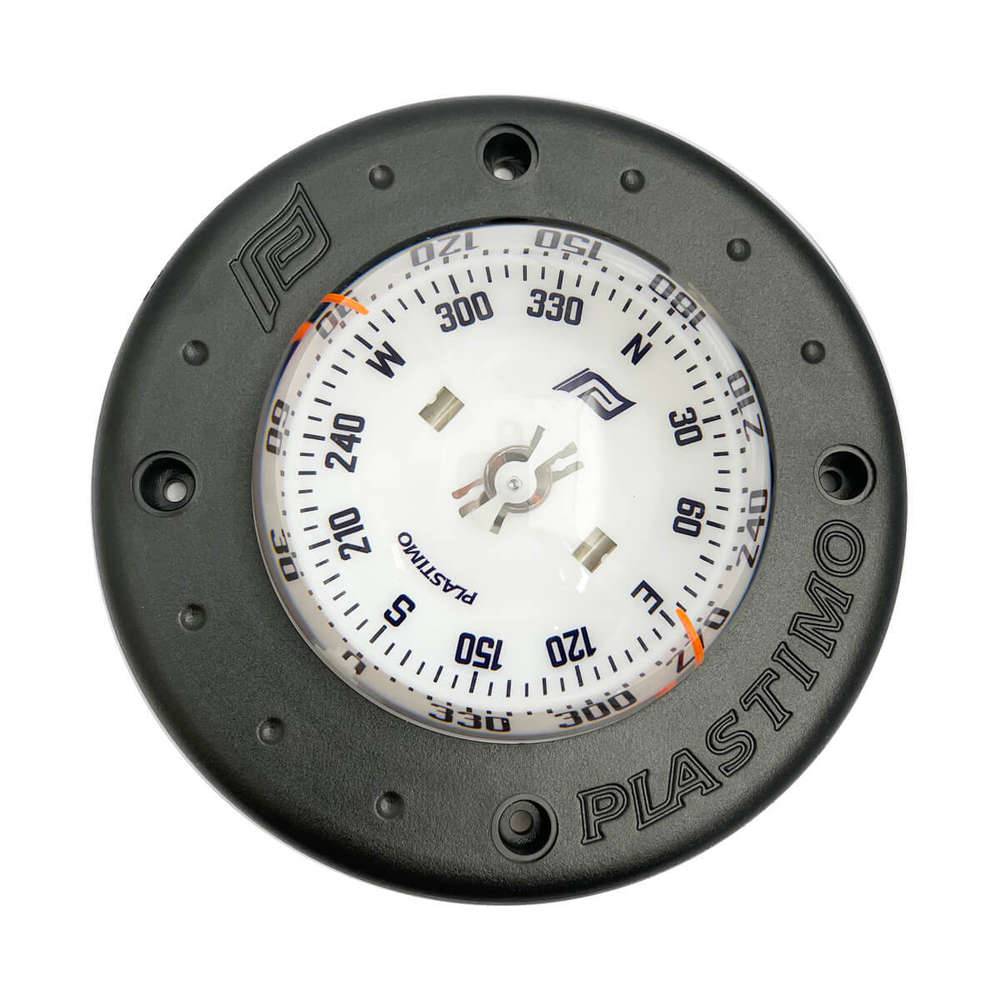
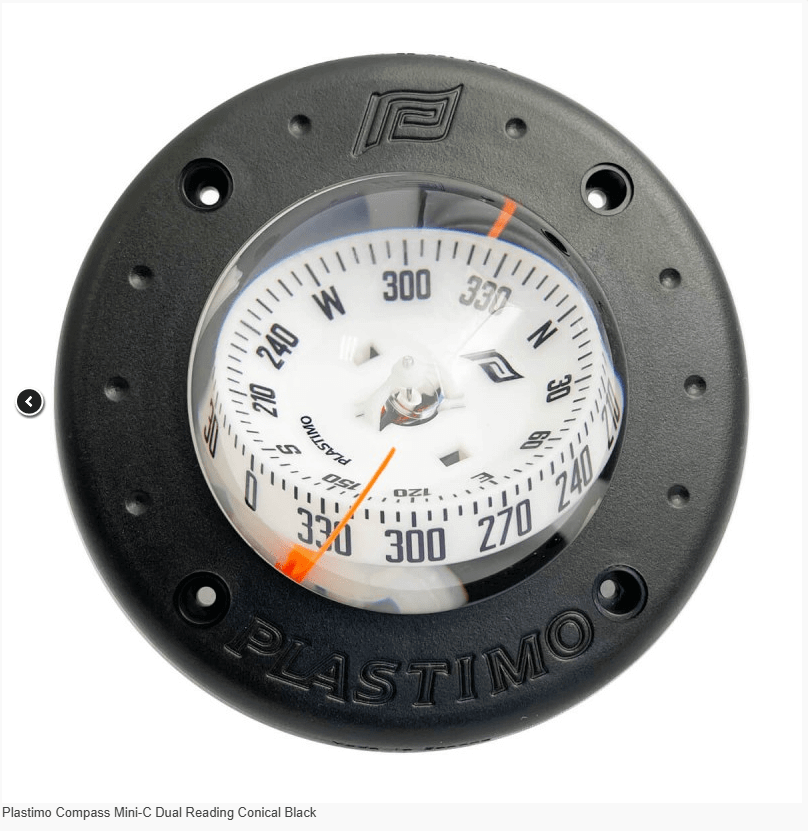

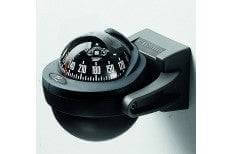
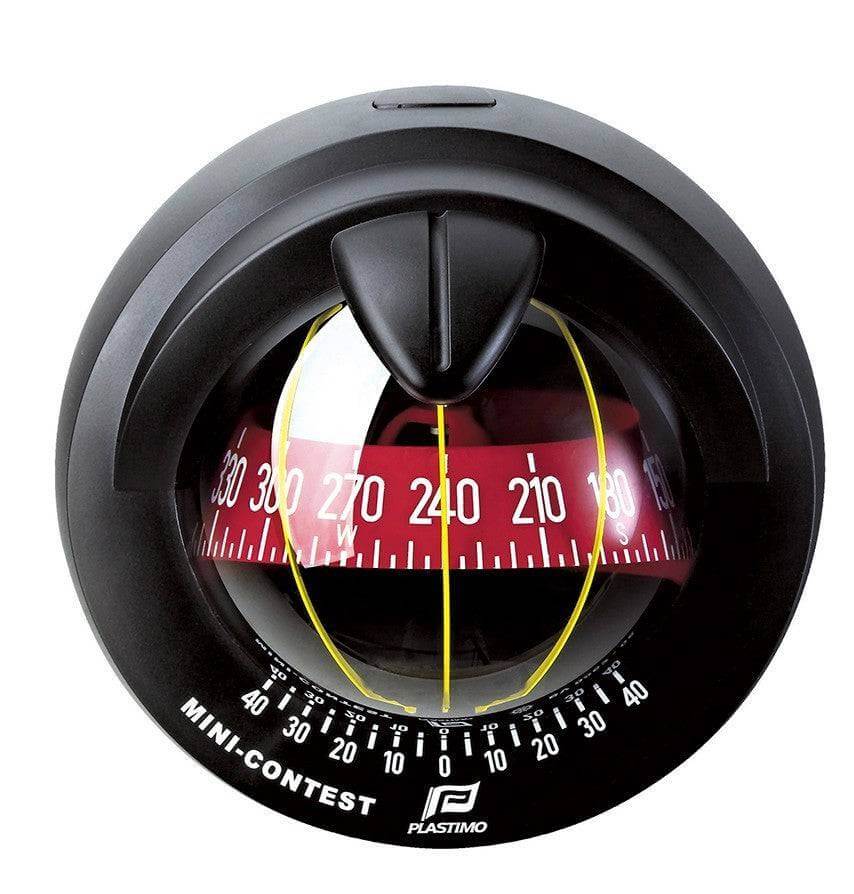
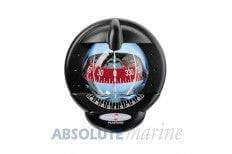
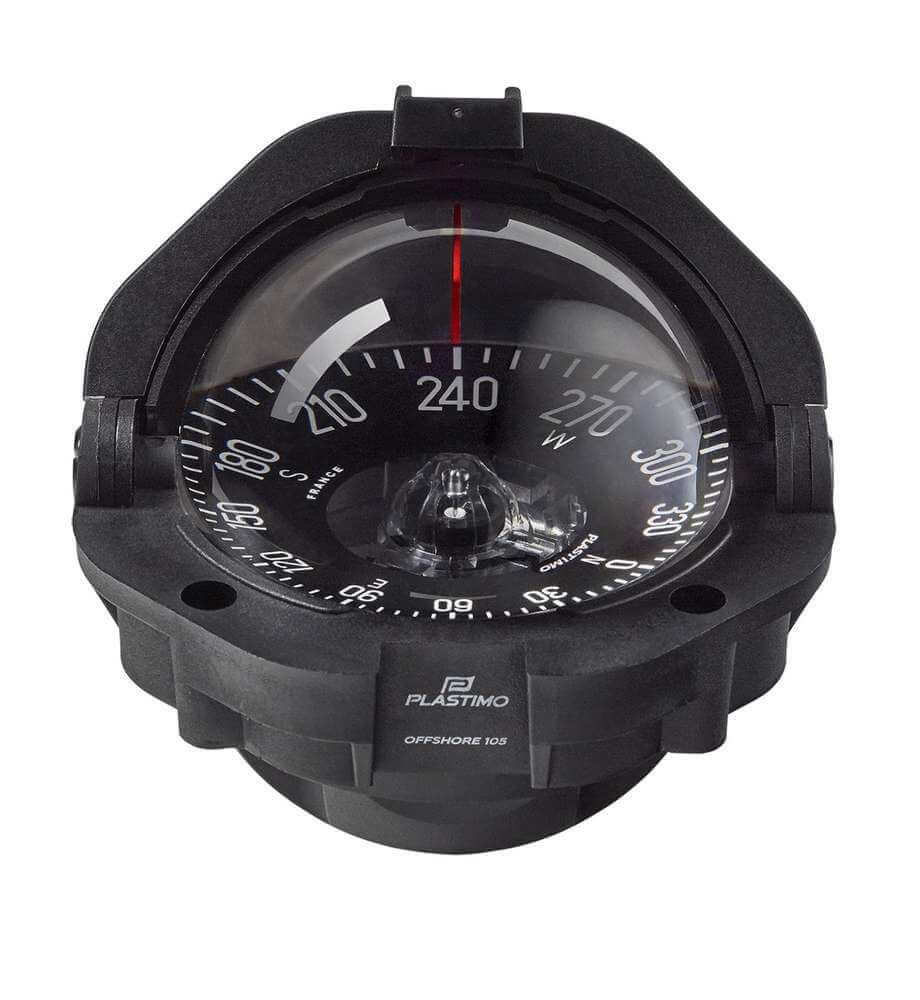
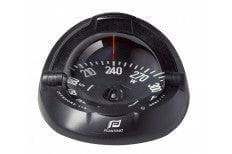
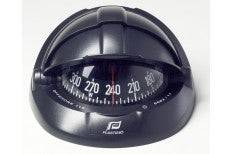
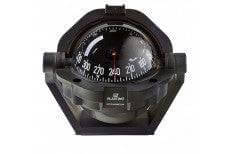
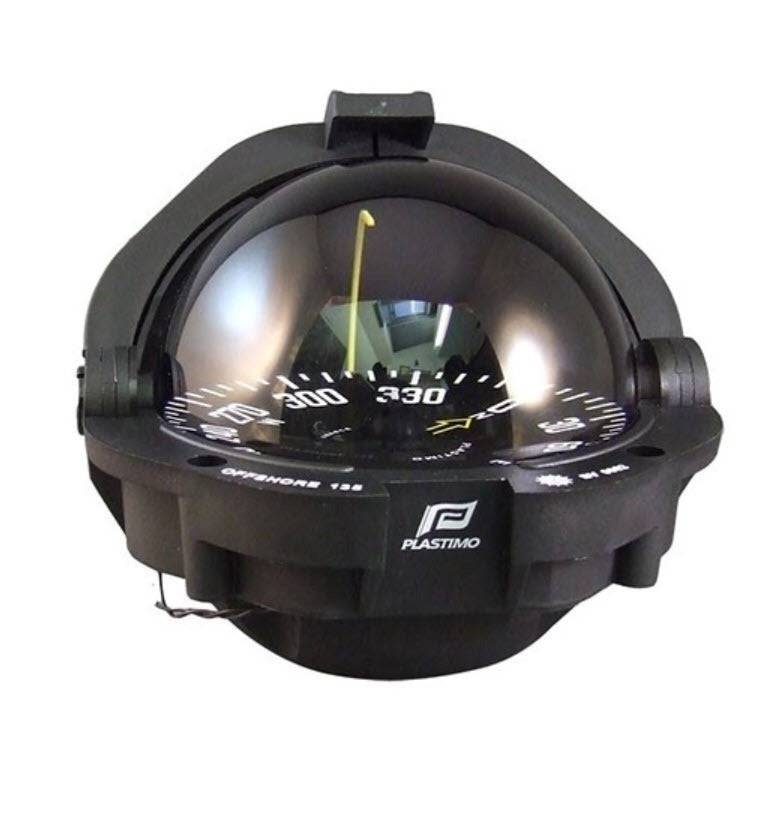
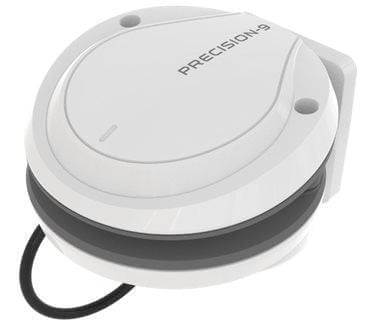
Recently viewed
Blog posts
View all
7 Best Tackle Deal Picks for Anglers in 2026

How to Use CRC Products for Effective Maintenance



